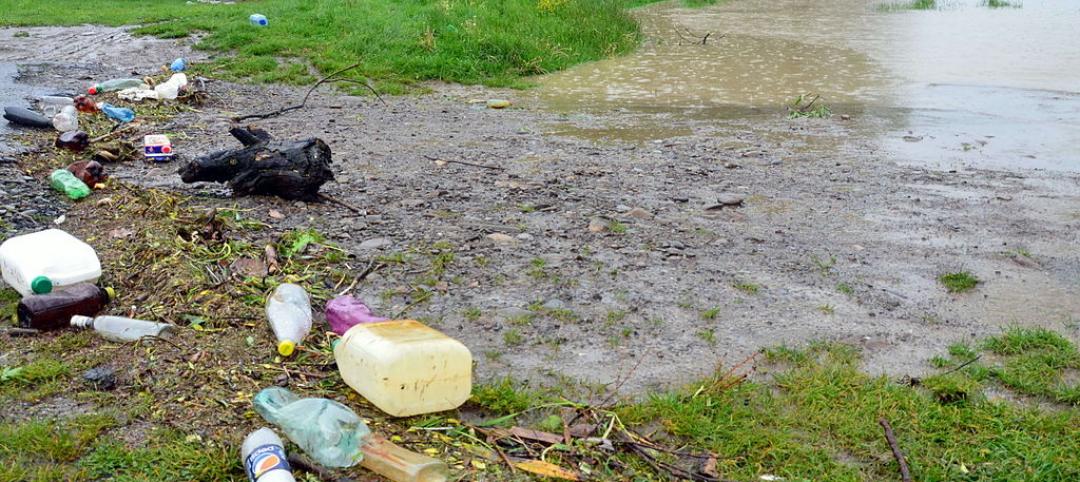OSHA published the long-delayed updates to its crane operator certification requirements in the Nov. 9 Federal Register.
As was expected, the agency will require certification by type of crane, and will accept certification by crane type and its lifting capacity. OSHA originally sought to certify operators solely by crane type and capacity in 2010.
That certification requirement was supposed to go into effect in 2014, but the agency later discovered that two of the four accredited testing services were issuing certifications for type of crane rather than type and capacity. The new rule specifies that certification/licensing must be accomplished via an accredited testing service, an independently audited employer program, military training, or compliance with qualifying state or local licensing requirements.
Most of the new final rule will go into effect Dec. 9, except for requirements that employers evaluate crane operators and document those evaluations. The latter requirements will take effect Feb. 7, 2019.
Related Stories
| Jun 11, 2014
Federal bill would promote shifting to energy-efficient roofs
A bipartisan proposal from U.S. Reps. Tom Reed, R-N.Y., and Bill Pascrell, D-N.J., would make roof replacement cost less and would help commercial building owners adopt energy-efficient systems.
| Jun 5, 2014
Over budget Homeland Security headquarters project may be canceled
A massive new headquarters for the Department of Homeland Security is more than $1.5 billion over budget, 11 years behind schedule, and may never be completed.
| Jun 5, 2014
Insurance giant sues nearly 200 Illinois communities for failing to prepare for climate change
Farmers Insurance filed nine class action suits against nearly 200 communities in the Chicago area, saying that local governments should have prepared for rising global temperatures that have led to heavier rains and flooding.
| Jun 4, 2014
Dikes, water pumps, and parks will help New York City area be more resilient
The Obama Administration has pledged $1 billion in federal funding to protect the New York City region from flooding like the area experienced from Superstorm Sandy.
| Jun 4, 2014
Green initiative may scuttle high-rise projects in Berkeley, California, critics charge
Volunteers in Berkeley, Calif., are collecting signatures for the “Green Downtown & Public Commons Initiative,” a controversial measure that critics charge would halt some development in the city.
| Jun 2, 2014
Parking structures group launches LEED-type program for parking garages
The Green Parking Council, an affiliate of the International Parking Institute, has launched the Green Garage Certification program, the parking industry equivalent of LEED certification.
| May 28, 2014
Commercial building measurement standard could meet resistance from owners
For some building owners, a new measurement standard could mean that their building would shrink in size and lose value.
| May 28, 2014
Resiliency measures for hurricanes can help with tornadoes
Architect Butch Grimes, who examined the wreckage after a half-mile tornado struck Tuscaloosa, Ala., believes toughening building codes can reduce damage from twisters.
| May 28, 2014
Rooftop wind turbines becoming green status symbol in New York City
New York City developers are using rooftop wind turbines in an effort to attract buyers by highlighting a building’s green credentials.
| May 28, 2014
Peer review process under way for the WELL Building Standard
The standard is the first protocol of its kind that focuses on improving human wellness within the built environment by identifying specific conditions that, when holistically integrated into building interiors, enhance the health and wellbeing of the occupants.
















